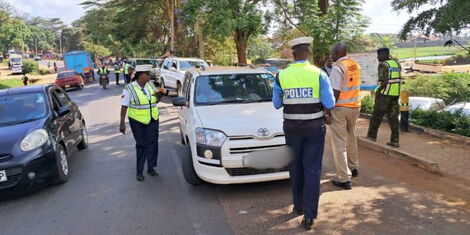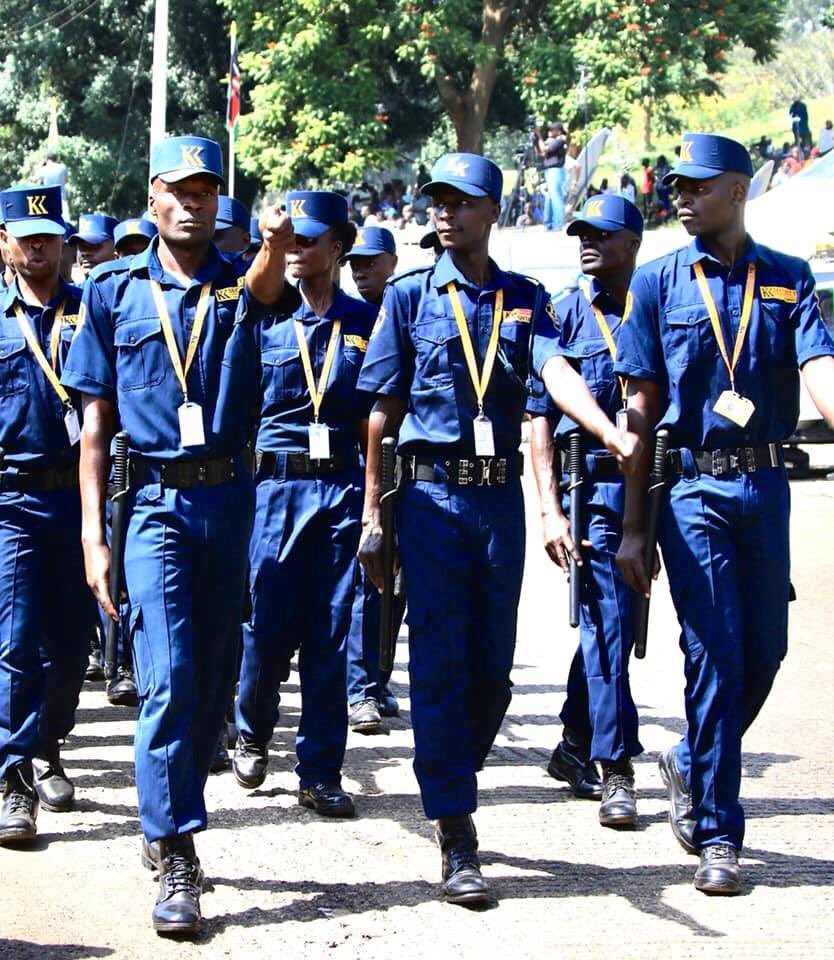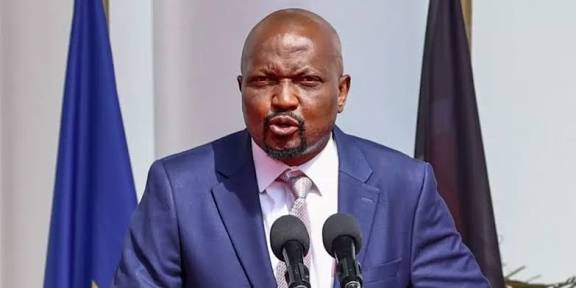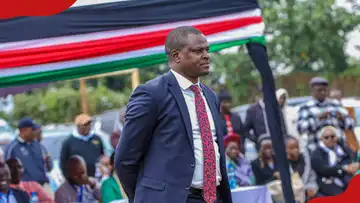
A high-ranking government figure, bound by law from participating in active politics, is reportedly operating under extreme pressure after being discreetly tapped to lead a crucial parliamentary by‑election campaign in his home constituency.
According to political insiders, the official has been enduring “sleepless nights” as the by‑election draws near .
Appointed behind the scenes to avoid breaching regulations on civil‑servant neutrality, the official is said to be shouldering immense responsibility—coordinating campaign strategy, vetting candidates, and mobilizing grassroots networks—all while maintaining a low public profile to stay within legal limits .
This covert involvement underscores the high stakes of the by‑election, which has quickly evolved into a proxy battle for influence in the ruling party’s internal power structure.

Sources hint that failure could spell political ruin—not only for the candidate but for the architect pulling the strings from the shadows.Lawmakers and political analysts are sounding the alarm.
The situation raises urgent legal and ethical questions: Can a senior official effectively guide a campaign while nominally remaining apolitical? Is this a legitimate push for team victory or an alarming breach of democratic norms?
As the by‑election looms, signs of internal governing party tension are growing. Will the official’s strategic navigation behind closed doors lead to victory—or exposure? Opposition parties have already begun calling for a probe into the blurred lines between impartial service and clandestine politicking.
With barely a week before polls open, the situation is escalating. An internal memo is said to have gone out warning staff to “tighten security” around meetings and communications related to the campaign—a clear indication that the official’s role is far from routine.
High-level sources predict that if the candidate falters, the backlash won’t stop at ballot boxes. “Sleepless nights” could soon translate into front-page scandals, igniting demands for full investigations and triggering renewed public scrutiny of the intersection between state power and electioneering.






